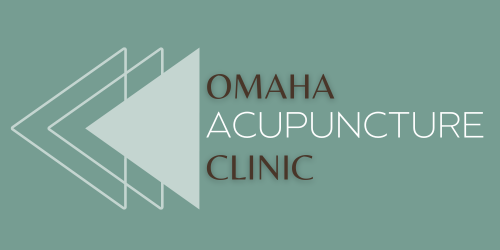Acupuncture for Asthma
Aside from using Acupuncture for Asthma, I will also share other tips that will drastically help in the treatment of Asthma. I have known so many people that are struggling with this nagging respiratory condition. The truth is, there are options! Trips to the ER and multiple doctors visits is scary. Asthma can even be life threatening. I am here to tell you there are multiple ways to help. When the number of people with asthma continues to grow, there is something wrong with mainstream healthcare. It saddens me that there are so many people suffering from this disorder.
What to Expect
During the initial consultation, we will establish details of your asthma so that we can come up with the proper treatment plan. Everyone is different, and treatment plans depend on many variables. The initial consultation is very important for the treatment plan.
What does the treatment plan depend on?
How long you have had the asthma
The severity of asthma; usually measured on a scale of 1-10
What flares the asthma
What other treatments have been done
What symptoms come along with asthma; cough, shortness of breath, etc.
THE COURSE OF TREATMENT OF ASTHMA WITH ACUPUNCTURE
The amount of Acupuncture treatments for asthma will vary person to person. At the beginning of treatment, weekly or biweekly Acupuncture sessions are recommended. Once the asthma is under control and minimized, the time between Acupuncture visits can be longer; stretching out to every 2,3, and 4 weeks. Then, maintenance or tune-up Acupuncture visits are highly recommended.
4 Things You Can Do Along With Acupuncture To Relieve Asthma
HERBAL MEDICINE
There are multiple formulas that I use when prescribing them for asthma. Depending on the diagnosis, a certain formula is used. They are powerful, natural herbs that can increase the lung capacity, strengthen immunity, and eliminate times of shortness of breath. Some of the herbs used can help moisten the lungs to eliminate dry cough, or expel phlegm from the lungs. They can be taken in pill, or powder form, and are completely safe for children.
DIET
Believe it or not, diet plays a major role in respiratory disorders. For example, if a patient has a deep phlegmy cough related to asthma, it is aggravated by damp, greasy, or oily foods. This includes dairy. The digestion cannot properly metabolize this excess dampness, and stores it in the lungs. Someone with a dry cough related to asthma can incorporate honey into their diet. Honey can help combat the dryness.
CUPPING THERAPY
Cupping is used along with acupuncture for asthma. The cups are used either on the chest, or on the back behind the lungs. It helps to expel pathogens from the lungs, and increase immunity.
ESSENTIAL OILS
I like to prescribe two main things here. First, is oregano oil. This is a powerful essential oil that can be taken in capsules 3 times per week to help with respiratory issues. It is very strong in strengthening immunity. I highly recommend to take this during cold and flu season. Make sure that your source of oregano oil is combined with vegetable oil, and at least 70% carvacrol. I usually use the Sprouts brand. Secondly, sleeping with an oil diffuser filled with essential oils can really help. The one I recommend is “Breathe” by Doterra. It is a blend with lots of respiratory strengthening oils. My patients wake up feeling much less shortness of breath.
